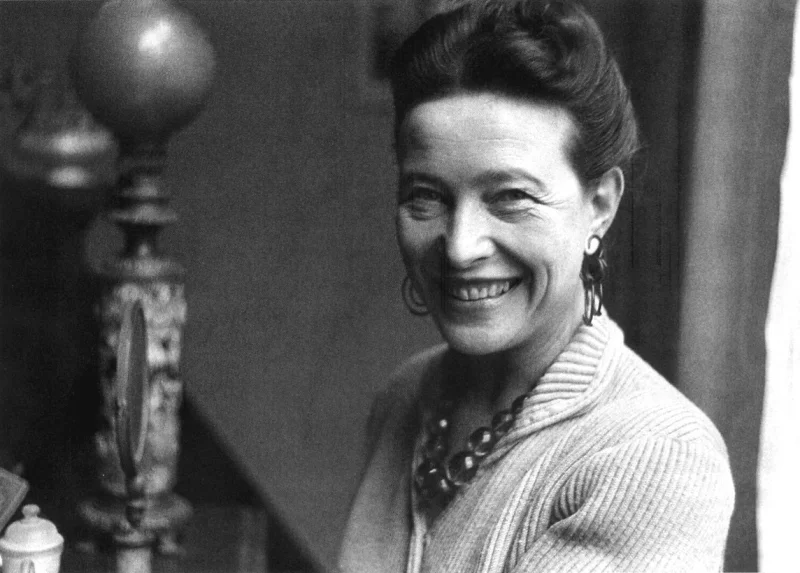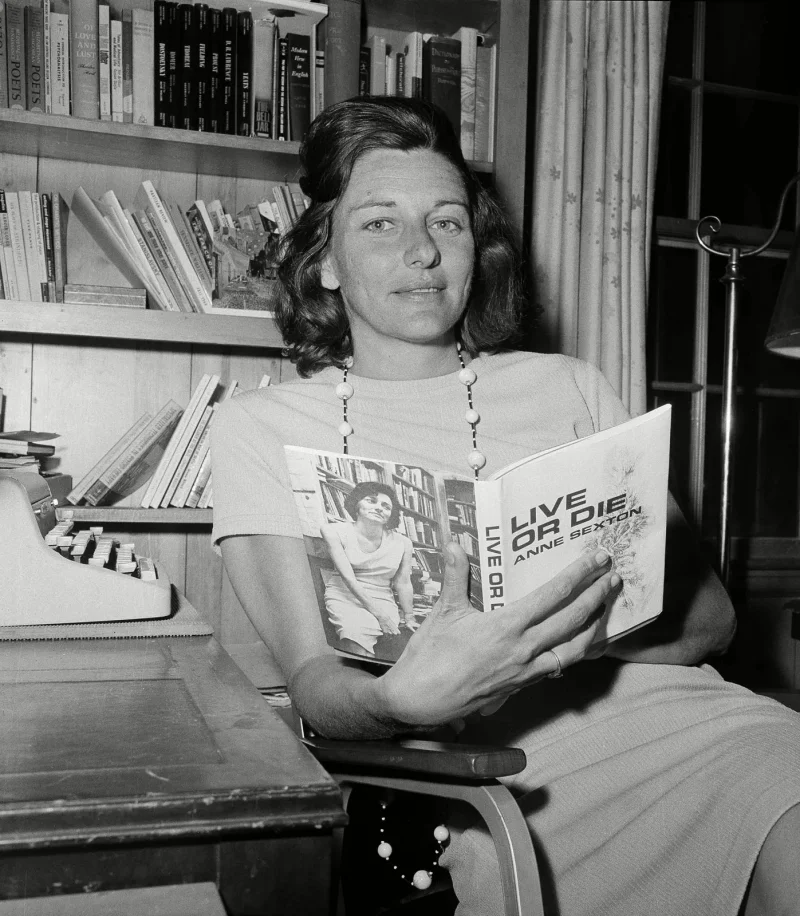Short Summary
John Steinbeck was an American author renowned for his novels that vividly depicted the struggles of the working class during the Great Depression. His most famous works include "The Grapes of Wrath," "Of Mice and Men," and "East of Eden." Steinbeck's poignant storytelling and keen social commentary earned him the Nobel Prize in Literature in 1962, cementing his place as one of the most significant writers of the 20th century.
Early Life & Education
Born on February 27, 1902, in Salinas, California, John Steinbeck was the third of four children in a modest family. His father, John Ernst Steinbeck, was the county treasurer, while his mother, Olive Hamilton Steinbeck, was a former schoolteacher. The Salinas Valley, with its rich agricultural landscape, greatly influenced his writing. Steinbeck attended Stanford University sporadically from 1919 to 1925 but left without earning a degree. His early exposure to migrant workers and rural life provided the foundation for his empathetic portrayal of the disenfranchised in his later works.
Career Highlights
Steinbeck's literary career began with the publication of "Cup of Gold" in 1929, but he gained major recognition with "Tortilla Flat" in 1935. His work often focused on themes of social justice and human resilience, as seen in "Of Mice and Men" (1937) and "The Grapes of Wrath" (1939), the latter of which won the Pulitzer Prize. Steinbeck also served as a war correspondent during World War II. His career was marked by a series of acclaimed novels, novellas, and nonfiction works, culminating in the Nobel Prize for Literature.
Major Achievements
- "The Grapes of Wrath" (1939) won the Pulitzer Prize for Fiction in 1940.
- Received the Nobel Prize in Literature in 1962 for his realistic and imaginative writings.
- "Of Mice and Men" (1937) became a classic of American literature and widely studied in schools.
- His work as a war correspondent provided valuable insights into World War II.
- Authored 27 books, including 16 novels, six non-fiction books, and five collections of short stories.
Famous Quotes
- "The best laid plans of mice and men often go awry."
- "In every bit of honest writing in the world, there is a base theme. Try to understand men, if you understand each other you will be kind to each other."
- "I wonder how many people I've looked at all my life and never seen."
Interesting Facts
- Steinbeck once worked as a manual laborer, which influenced his understanding of the working class.
- He was awarded the U.S. Medal of Freedom by President Lyndon B. Johnson in 1964.
- "The Grapes of Wrath" was banned and burned in some regions due to its social and political themes.
- He wrote the screenplay for Alfred Hitchcock's movie "Lifeboat" (1944).
- He had a deep interest in marine biology, as reflected in his book "The Sea of Cortez."
Legacy / Influence
John Steinbeck's legacy endures through his profound impact on American literature and culture. His works continue to be studied for their rich narratives, empathetic characters, and social consciousness. Steinbeck's exploration of the human condition and advocacy for the marginalized resonate with readers and scholars, inspiring successive generations to reflect upon issues of justice, empathy, and resilience.
FAQ
Q: Why is John Steinbeck famous?
A: He is famous for his novels that highlight the struggles of the working class, such as "The Grapes of Wrath" and "Of Mice and Men."
Q: What awards did John Steinbeck win?
A: He won the Pulitzer Prize for "The Grapes of Wrath" and the Nobel Prize in Literature.
Q: Where was John Steinbeck born?
A: He was born in Salinas, California.











